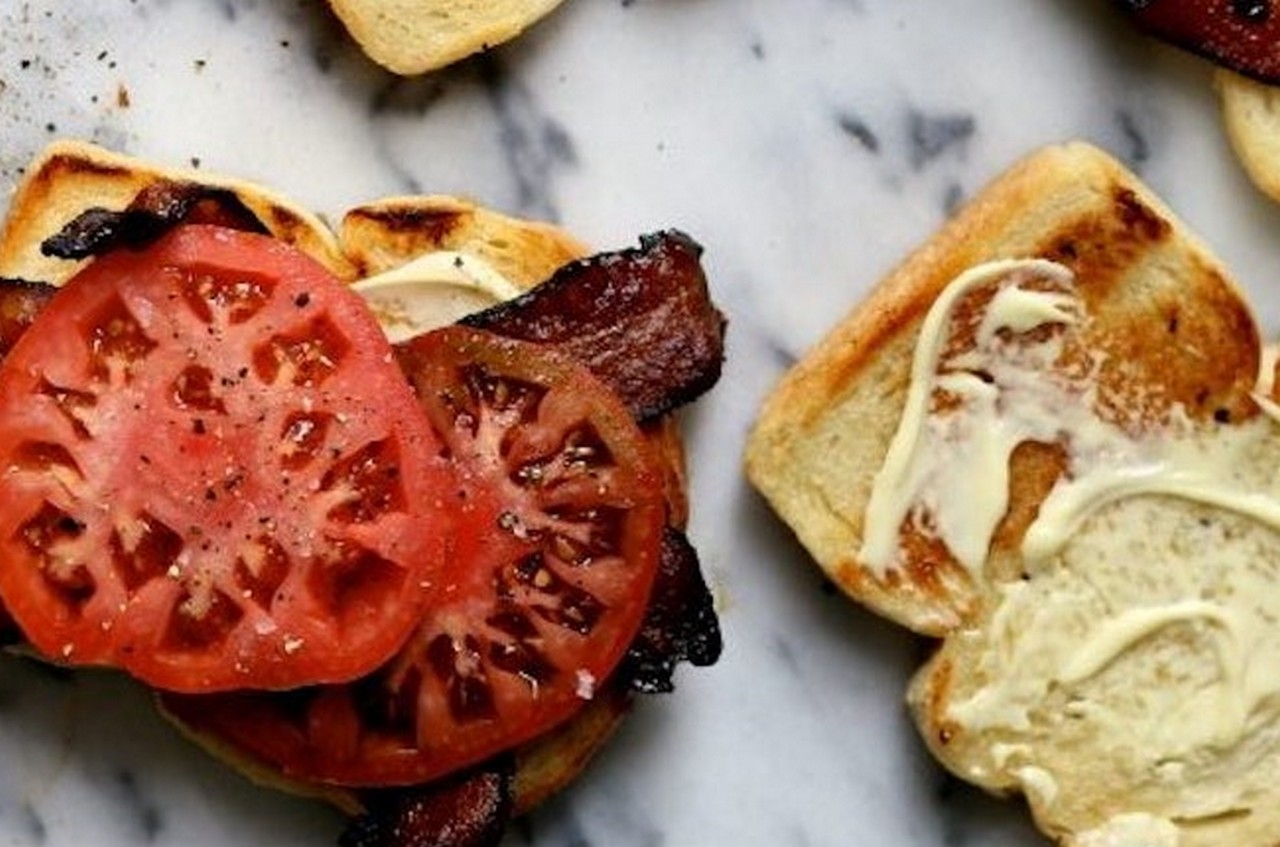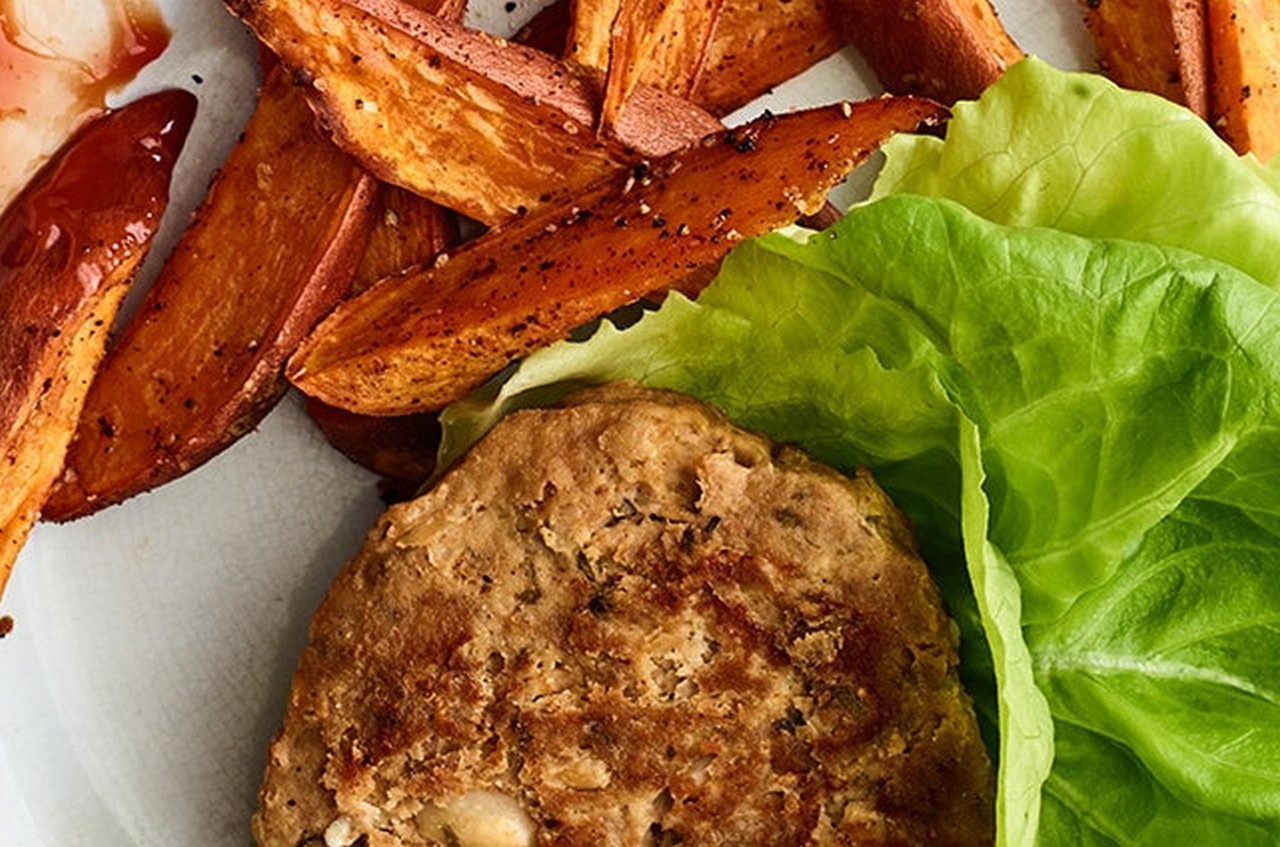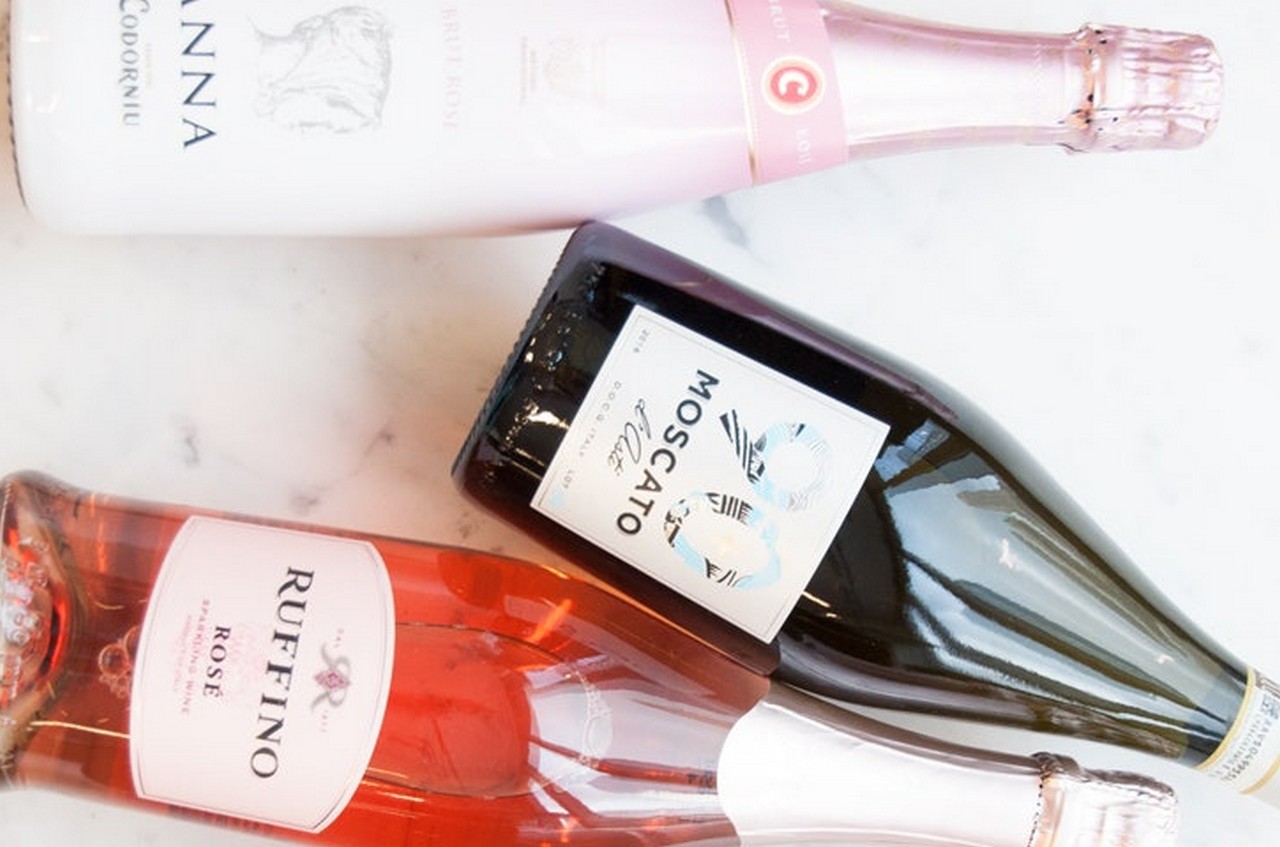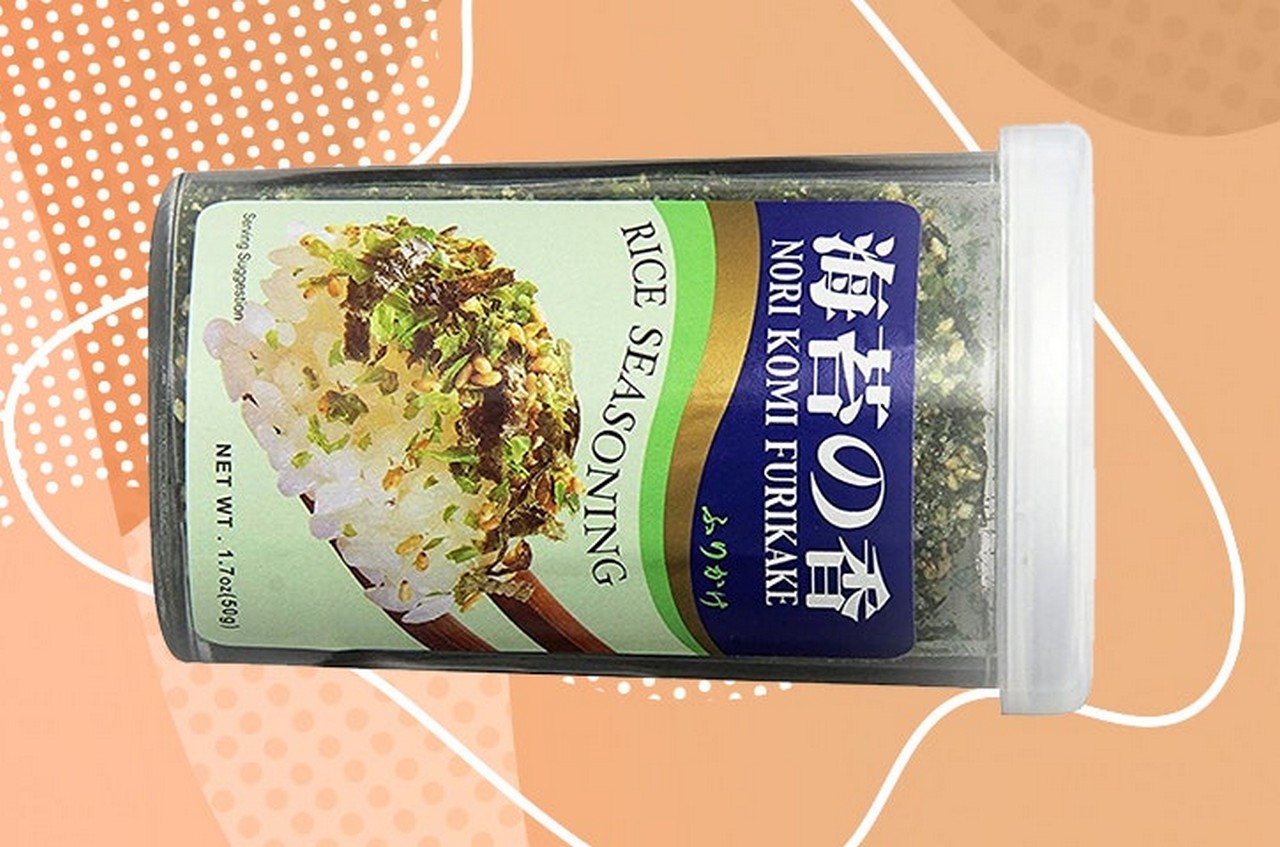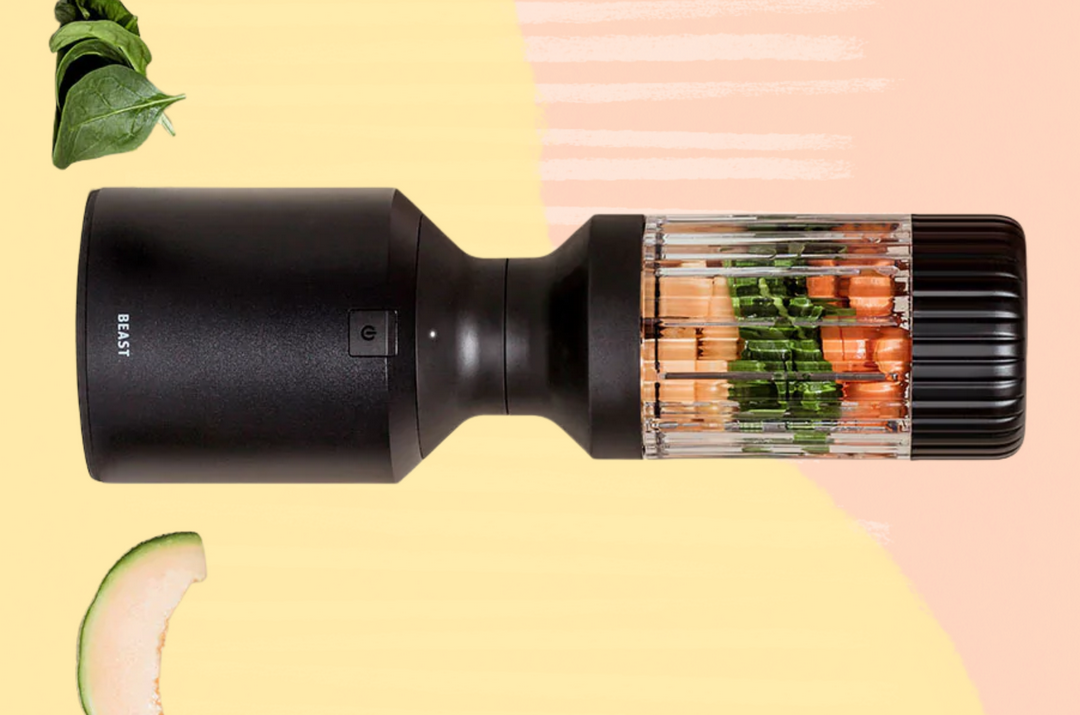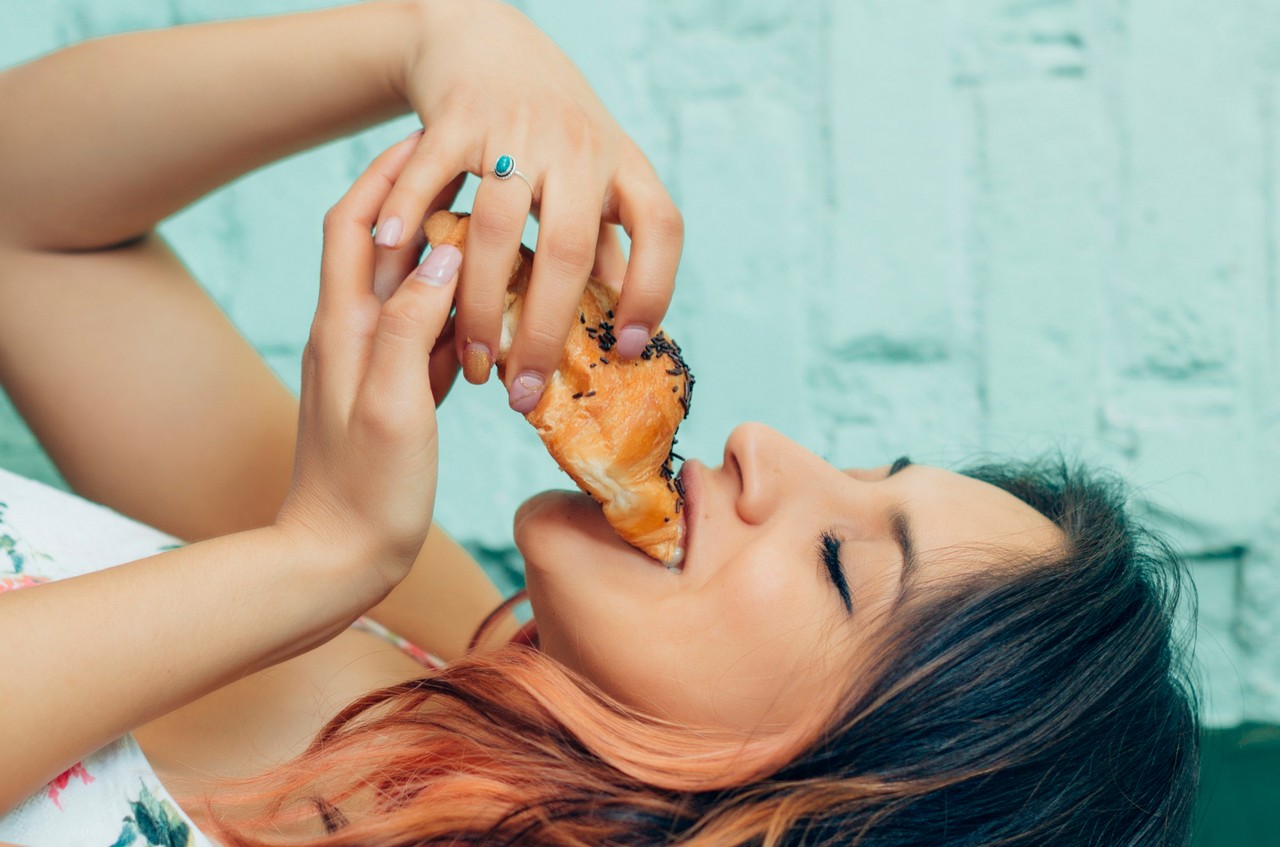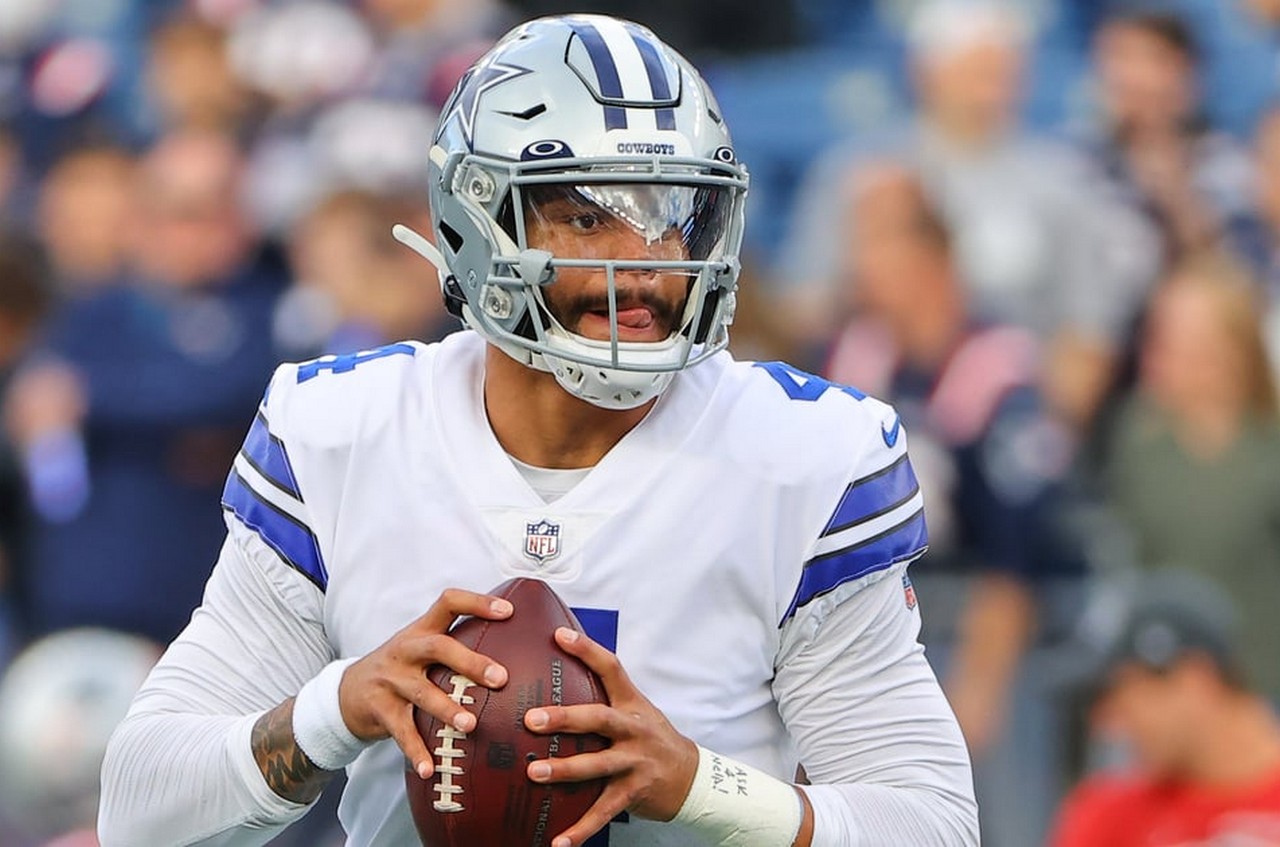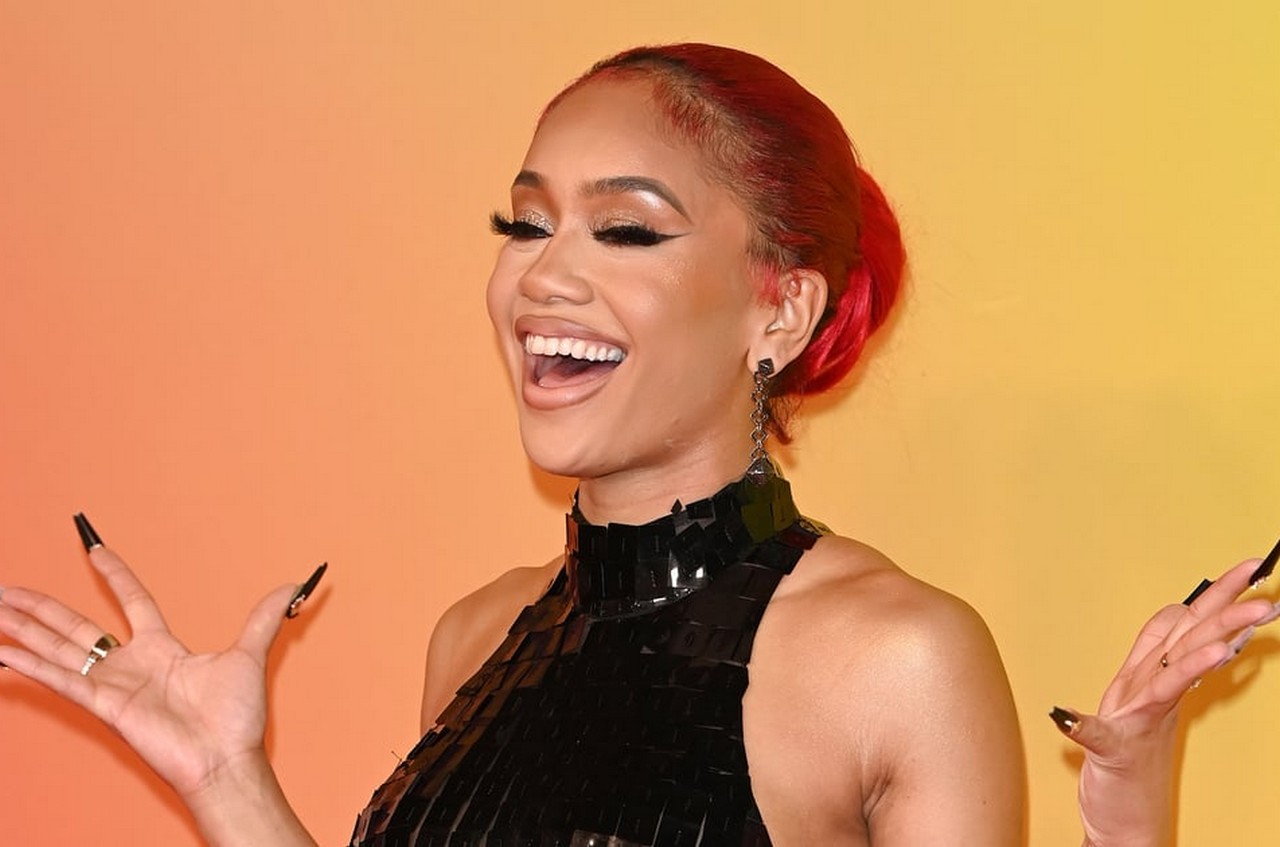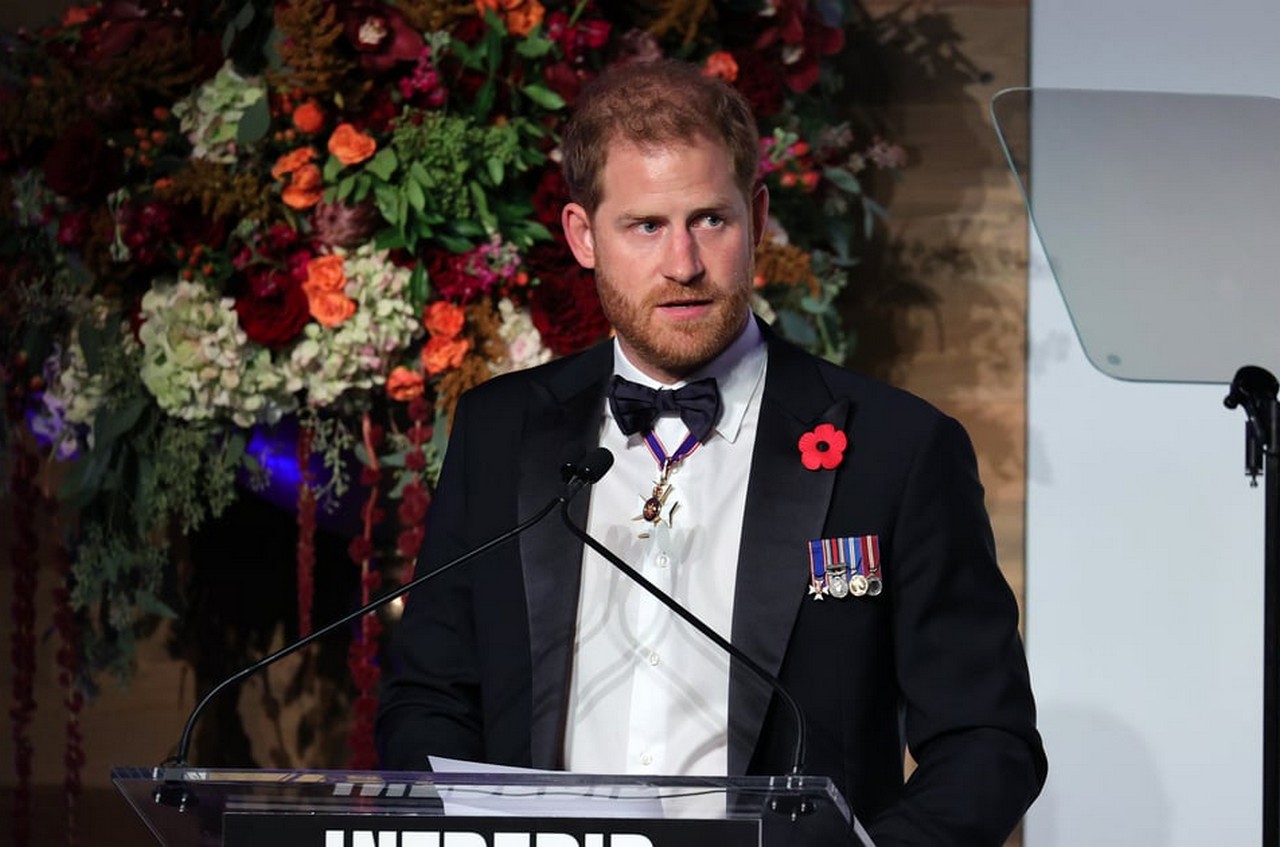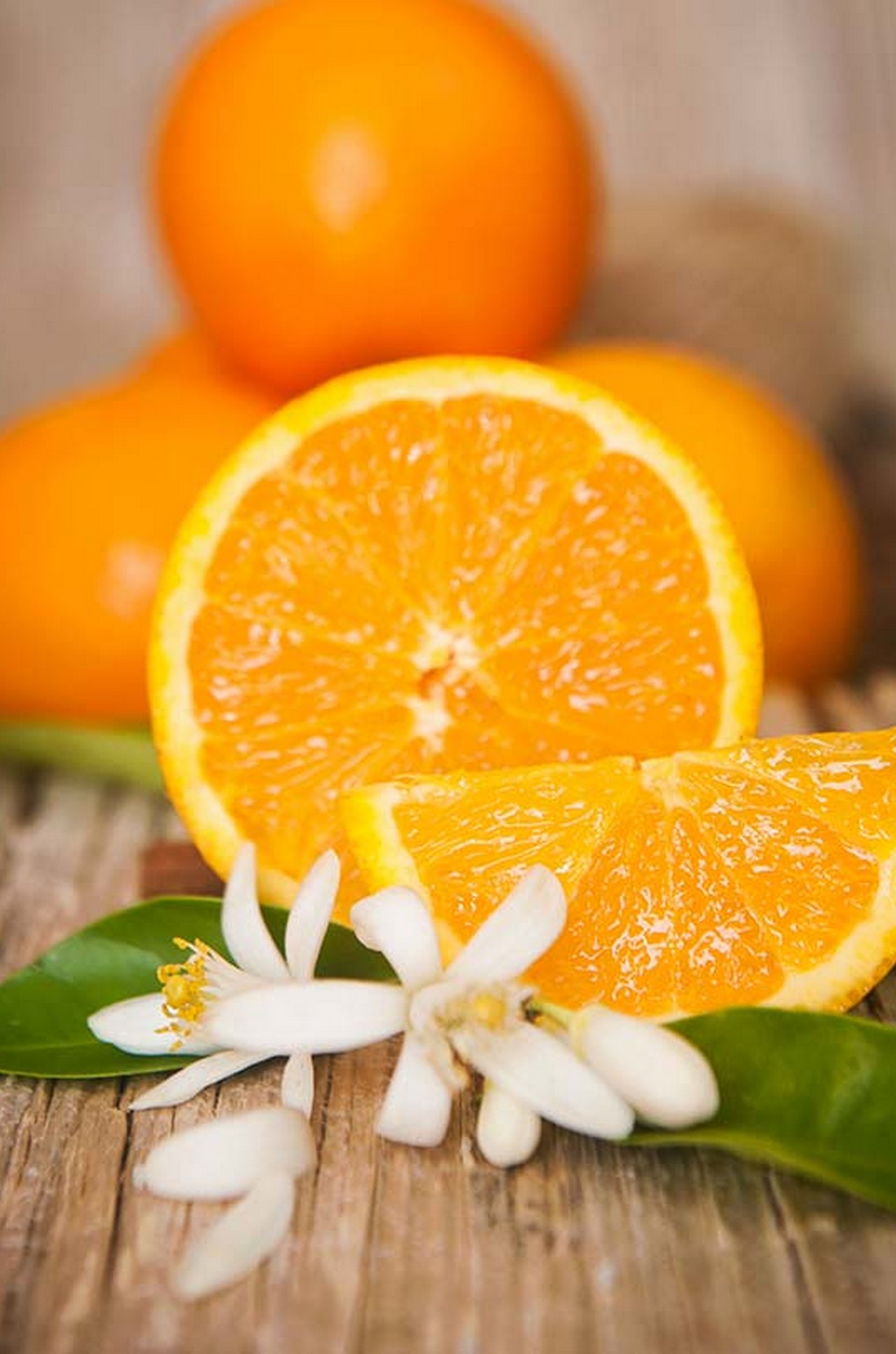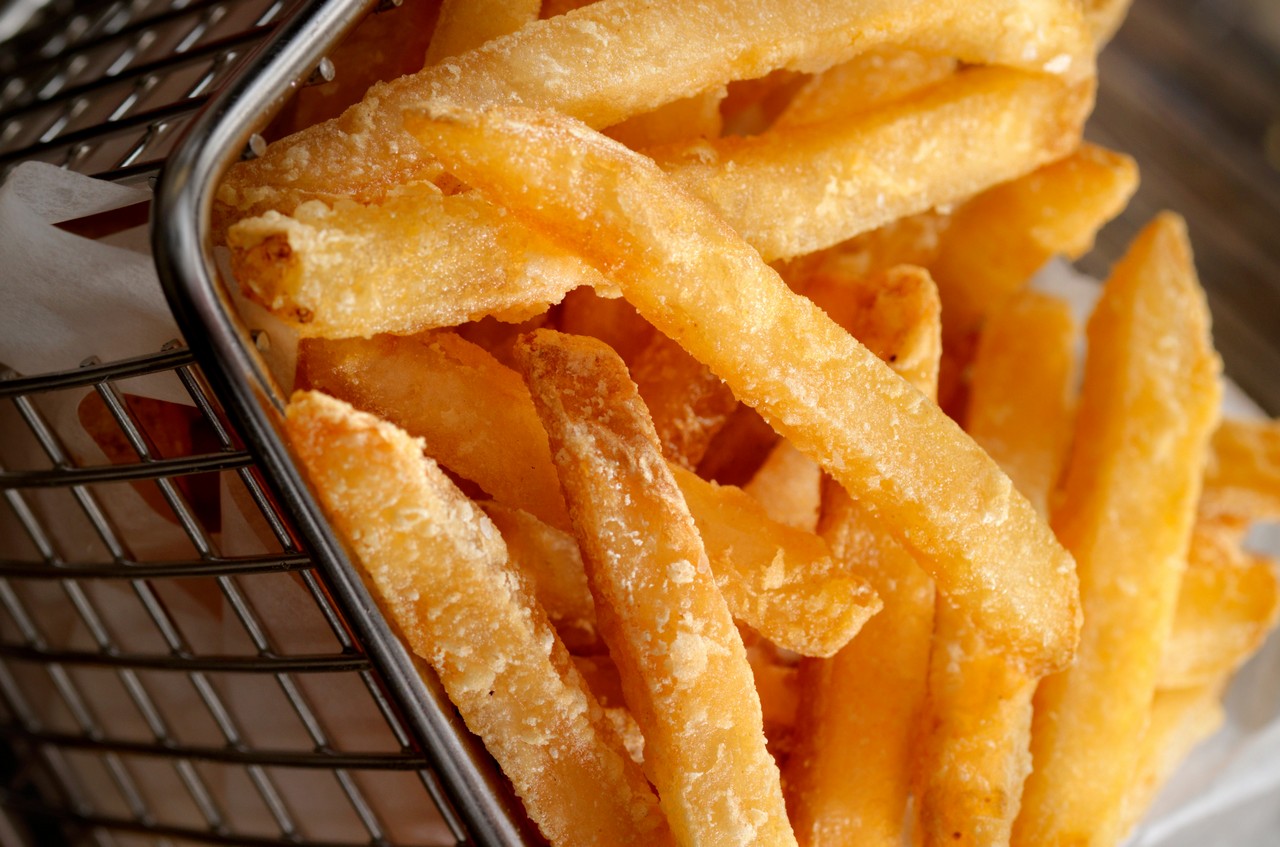
Imagine for a minute what it was like to eat as a young child. When I think back to afternoons at daycare, snack time was about intuitive eating, it wasn’t about hitting my macros or eating as “clean” as possible. It was about cozying up to the table and playing with my food, and, sure, nibbling on it, too. My curiosity and imagination went wild as I built little campfires on my plate out of French fries and ketchup. But like a lot of us, I outgrew that carefree relationship with food. Eventually my perfectionistic tendencies drew me to an obsession with food and exercise that later influenced my career path to become a dietitian. I finally found freedom from my rigid thinking and behaviors around food, but it was a difficult journey. I hope my story helps paint a picture of the instinctive, less complicated relationship we can all have with food—maybe without the French fry campfire.
My story is probably pretty relatable to lots of people, young women in particular. I had a typical childhood, that was altogether pretty uneventful. As a kid, my relationship with food was uncomplicated, but, like a lot of us, I grew up hearing adults talking about dieting. I remember hoping I’d never have to touch a Slim Fast shake or count Weight Watcher points—”needing” to go on a diet sounded like it was something to avoid at all costs, like it was almost shameful. All that said, all those thoughts and ideas didn’t really play into my own relationship with food or my body and eating until I was a teenager.
As I transitioned to high school, I started to feel anxious and depressed.
I was putting a lot of pressure on myself. In my mind, my worth was tied up how well I was doing at school—a 4.0 GPA and excelling on the debate team were mandatory. My benchmark for success was my older brother, who had always been outstanding both academically and at debate. I told myself I needed to do just as well as him, if not better. And then there were extracurriculars: I participated in a ton of them. When I felt overwhelmed or anxious—which was often—what I ate and the number on the scale felt like things I could control. And being thin felt like another thing I could add to my list of achievements—just like being on the cross country team and a member of key club—and I worked around the clock to be and stay that way.
As a coping mechanism for the immense pressure I placed on myself to succeed, I began restricting my food intake, and it became a ritual that kept away the chaos: Step on the scale every morning. Eat a small packed lunch. Get praised for my self-control. Go to bed with a growling stomach. Repeat.
In my junior year of high school I discovered that studying food, nutrition, calories, and weight, was an actual career—dietetics—and thought, “That job would set me up for life! I’d always be skinny and I’d know exactly how to eat.” While my classmates were worried about making new friends at college, I was reading books on how to avoid the infamous “Freshman 15.” During college, I only became more obsessed with food and soon, exercise. I thought about food all the time. When I wasn’t studying nutrition for my degree, I was worried about what I was eating in my free time. As I restricted more, I started bingeing on food at night. To compensate, I ran long miles each day.
On top of everything, I was ashamed that I was a dietetics student who had issues with food, so I never shared that part of my life with anyone. I assumed my anxiety around food was something that I would always have to face.
After years of struggling to feel normal around food, I learned about this thing called intuitive eating. One of my graduate school classmates presented on the topic and I was intrigued. Intuitive eating is based on a set of 10 principles that help you get back in touch with your innate senses of hunger and fullness, which, for many people, get overridden by years of following rigid diet rules and restrictions. This non-diet approach challenges you to let go of all these rules and base your food decisions on your hunger as well as what kinds of foods satisfy you. You mean people actually listen to their hunger and fullness cues and have an uncomplicated relationship with movement?, I thought. I didn’t believe it. I thought, Yeah, that sounds nice, but I could never do that. I ended up becoming friends with that classmate and later opening up to her about my disordered eating. She encouraged me to look into intuitive eating more and really consider it.
After a year of resisting the idea of intuitive eating, I finally picked up the seminal book on the topic, written by Evelyn Tribole and Elyse Resch. I had the book for a long time, but I was afraid that if I read it and let go of my rules, I’d gain weight and lose control of my life, so it took me a while to actually read it. At this point I was just a couple of months into my career as a registered dietitian. As I began to read about intuitive eating, behaviors that I had viewed as lack of self-control now started to seem like they were actually the result of all my rules. I had never realized that part of the reason I binged on sugary foods at night was because I was starving myself all day. I had always assumed that something was wrong with me and that I must be addicted to sugar. But I learned that the reason I felt out of control around food was because I had placed so many food rules on myself. It’s not that I was addicted to certain foods, it was that I was craving them so intensely because I never let myself have them.
I thought all the rules were “keeping me in line,” but all they were doing was making me feel so restricted and anxious that I’d binge to escape those feelings.
Through reading more about intuitive eating from non-diet dietitians and therapists online, I started to take some steps to challenge myself in my own life. It wasn’t always easy. I still had a relationship with the bathroom scale and it took quite some time before those ties were severed. Every time I was tempted to step on the scale, I asked myself if that number was going to make me any happier. In the past, a “good” or “bad” number in the morning would make or break my day ahead. But no matter what the number was, it never brought me happiness. Intuitive eating helped me think about my food choices in a new way and, in a funny way, gave me permission to not need permission to eat what I felt like eating. But I took baby steps. I challenged my diet rules by bringing foods into my kitchen that were once off limits. I soon discovered that with fewer and fewer rules in place, food had less and less control over my life. Instead of viewing food as simply nutrients and calories, I developed a curiosity for experimenting with foods. I didn’t enjoy cooking before this period of my life. However, once I was free of looking for the “healthiest” recipes, I started exploring the types of foods I truly enjoyed. I wanted my clients to experience this same joy around food. I’ll never forget reading about how most diets fail. Now that I was discovering how delicious and joyful food and eating could be, and that weight loss dieting almost never works, I couldn’t imagine approaching nutrition any other way for myself and my future clients.
Most Popular
- Does Rowing ‘Count’ as Strength Training?
By Tiffany Ayuda
- This Simple Morning Habit Can Help You Sleep Way Better at Night
By Julia Ries
- 18 Hot and Horny Sex Games
By Malia Griggs
One of the hardest parts of my journey was examining my identity as a runner. During my disordered eating days, running was not only something that I relied on to “burn off” what I was eating, but I also used it to run away from my emotions. While running helped me temporarily relieve stress, I also used it to numb my emotions. Whenever something difficult happened, I would run for miles to forget about it—like I did on the day my mom was unexpectedly diagnosed with breast cancer. But those emotions would catch up to me; the dam would break and I’d be left devastated with no idea how to cope. Now, I found new ways to cope with challenging moments in my life. I began journaling and eventually started seeing a therapist again. It didn’t always feel comfortable to sit with my emotions, but I knew that was part of my healing journey. At the same time, I started trying new forms of exercise. I practiced yoga and began asking myself what other types of movement bring me joy. Some days that was going for a walk while listening to a podcast. Other days my joyful movement was lifting weights. I was more in tune with my body’s desires than ever before.
I also did the only “detox” that I recommend as a dietitian—I cleaned out my Instagram feed.
The space that was once filled with thin supermodels and toned fitness buffs was now overflowing with positive accounts about body acceptance, promoting a variety of foods, and lifting other women up. While I once compared myself to the “perfect” accounts I was following online, I was now surrounded by messages that helped me focus on my own personal development, rather than my appearance or my old rigid benchmarks for success.
While my journey with food was tough and not necessarily one that I would wish upon anyone, it has shaped my perspective as a practicing dietitian and life overall. Restrictive dieting and militant exercise never allowed me to be curious about food and movement. Learning to honor my hunger and reject diet mentality not only helped me to eat intuitively, but it has also helped me live more instinctually. Though the memories of my playful relationship with food are far in the distant past, intuitive eating keeps the sense of curiosity in life alive. We can’t go back in time to our childhood, but we can bring out our inner child when it comes to food and movement.
Amanda Lambrechts is a registered dietitian and licensed nutritionist who is passionate about dispelling diet-culture myths, moving women towards normalized eating, and eating satisfying foods. No foods are off limits in her world, as both a dietitian and human being. She has a private practice, Spilling the Beans Nutrition, that opened in 2018, which focuses on helping women recover from disordered eating in addition to guiding individuals in breaking free from diet culture and moving towards intuitive eating. Currently, she sees clients virtually through a HIPAA-compliant platform. Follow her on Instagram here and on Twitter here. If you are living in Sioux Falls and would prefer to meet in person, schedule an appointment with her at Hy-Vee by emailing her at alambrechts at hy-vee dot com.

